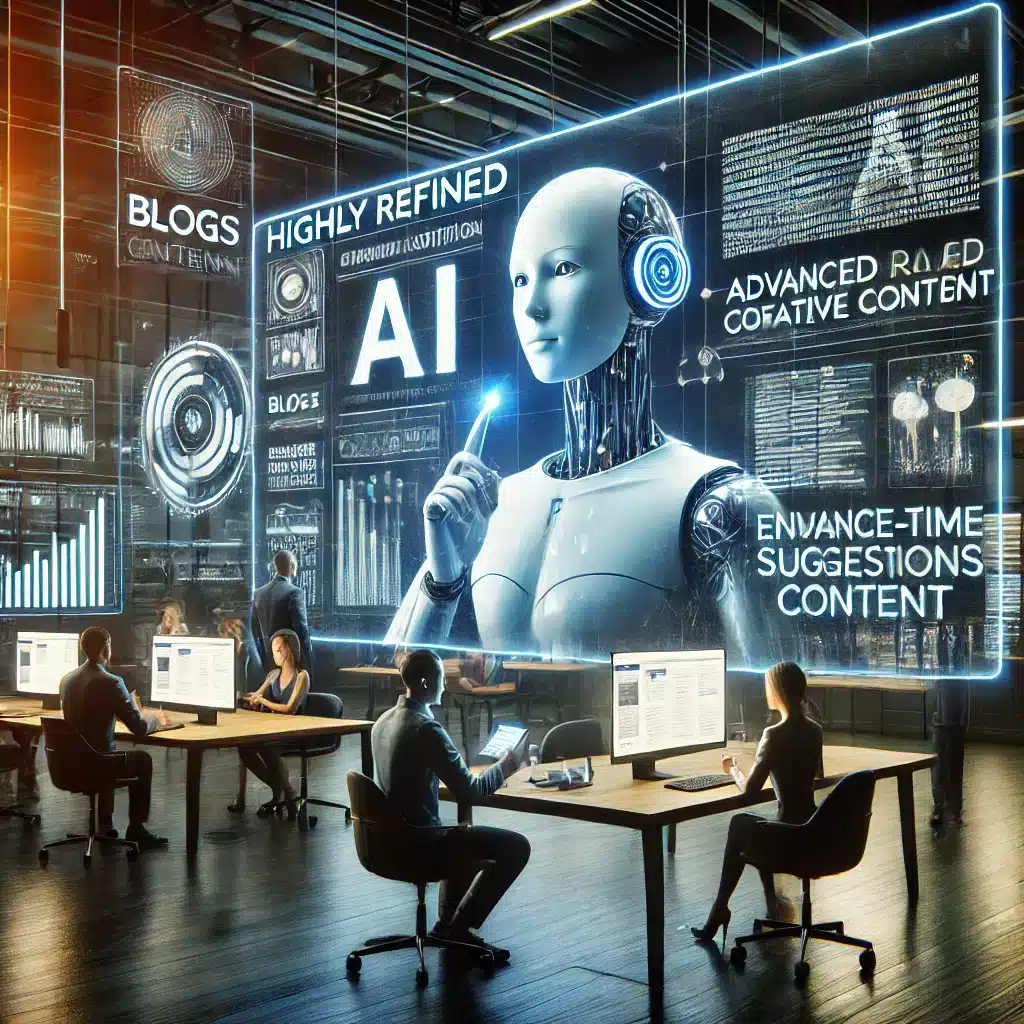The Growing Influence of the Global AI Race
The global AI race is heating up, with countries around the world eagerly investing in artificial intelligence to gain a competitive edge. The pursuit of AI supremacy not only shapes the technological landscape but also alters geopolitical dynamics. Therefore, understanding these developments is crucial for comprehending the future trajectory of global power.
Russia and China’s Strategic Collaboration
Russia’s partnership with China serves as a significant focal point in the global AI race. Following Western sanctions, Russian President Vladimir Putin has sought technological alternatives. Consequently, forming alliances has become imperative. Putin’s directive to collaborate with Chinese entities highlights a strategic pivot.
This partnership could escalate concerns over potential AI misuse for censorship. Moreover, Russia’s push for AI development despite sanctions illustrates determination but also highlights challenges in accessing advanced technology. In contrast, it’s a reminder of the compelling complexities nations face when seeking AI dominance.
The United States’ Approach to AI Advancement
Meanwhile, the United States faces its own set of challenges and opportunities. Sam Altman, CEO of OpenAI, emphasizes infrastructure investment as vital to AI progress. However, bureaucracy poses hurdles to development. Altman allies with Trump’s emphasis on reducing regulatory barriers, advocating for a more innovation-friendly environment.
Investments in infrastructure, such as power plants and data centers, are essential. Additionally, these advancements ensure the U.S. maintains its leadership role in the AI sector. Altman’s viewpoint elucidates the importance of government cooperation in overcoming bureaucratic inertia.
Global Implications of AI Development
The implications of the global AI race are far-reaching. Consequently, advancing AI technology impacts not only economic and scientific realms but also political power dynamics. As a result, policymakers, technologists, and legislators must consider the societal impacts of AI innovation.
Addressing Challenges and Seizing Opportunities
However, the path forward is fraught with obstacles. Conversely, these challenges provide unique opportunities. By fostering international collaboration and addressing regulatory hurdles, nations can create sustainable AI advancement.
Countries must navigate this complex landscape with strategic foresight to harness AI’s potential. Moreover, it’s essential to be informed and engaged with the dynamic developments shaping the AI world. With this awareness, stakeholders can effectively contribute to ethical and impactful AI growth.
Looking Ahead
In conclusion, the global AI race requires thoughtful navigation. By considering international partnerships, investing in infrastructure, and addressing regulatory concerns, nations can influence AI’s future. Therefore, it’s crucial to stay informed and participate in these profound geopolitical changes.



